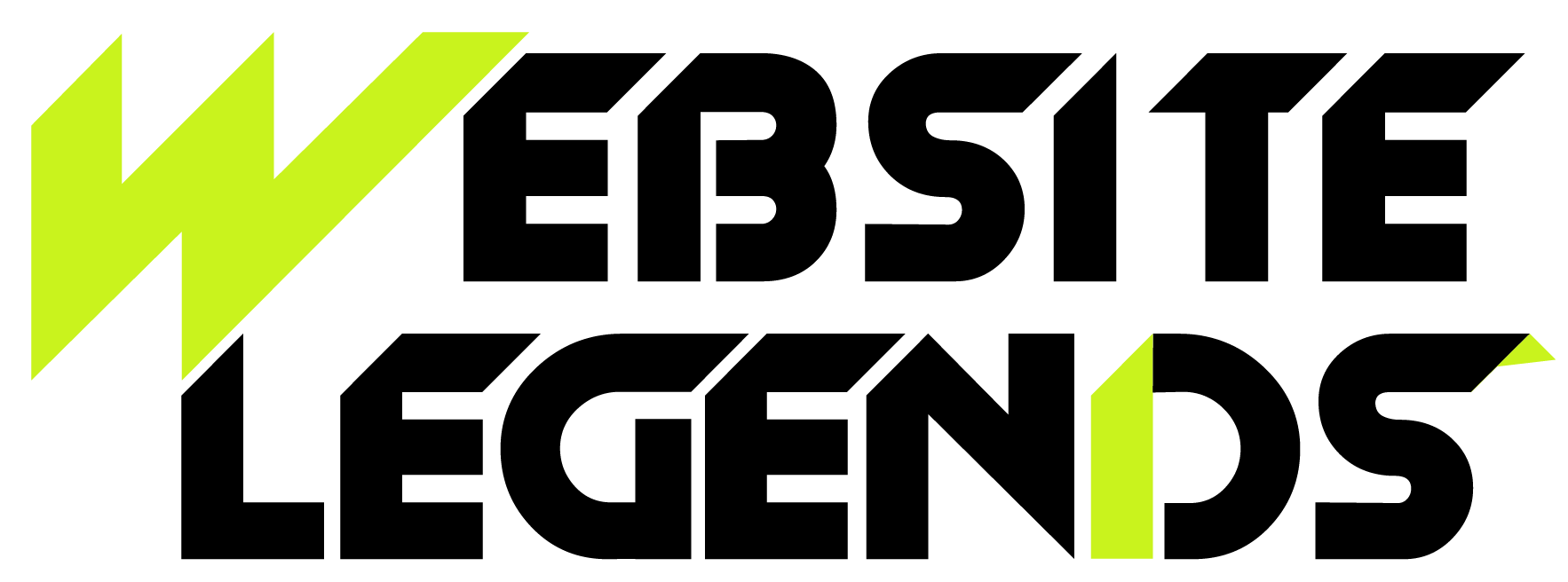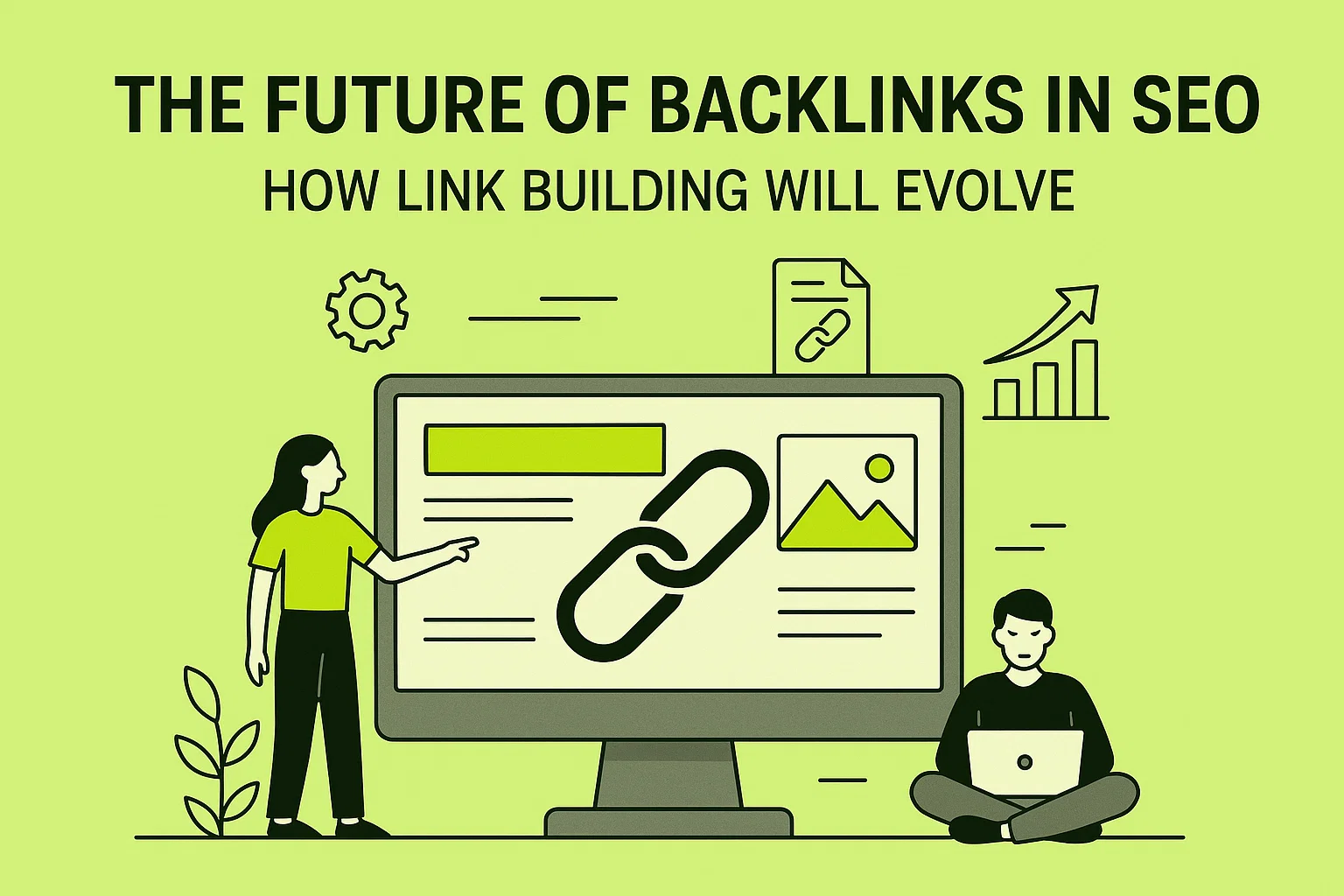Backlinks have long been a cornerstone of SEO — acting as endorsements that boost website authority and drive organic search rankings. However, as Google’s algorithm continues to evolve and new technologies emerge, the way backlinks are valued and used in SEO will undoubtedly shift.
Link building isn’t dead, but its future will likely look very different from how we approach it today. So, what does the future of backlinks hold? How will link building strategies evolve, and what should businesses do to stay ahead?
In this blog post, we’ll dive deep into the future of backlinks in SEO, how link building will evolve, and the key trends to watch out for in the coming years.
1. The Shift Towards Quality Over Quantity
For years, businesses and SEO professionals focused heavily on acquiring as many backlinks as possible, believing that more backlinks equaled better rankings. However, search engines, especially Google, have become more sophisticated at assessing link quality over quantity. In the future, this trend will only intensify.
Why Quality Over Quantity Matters:
-
Google’s Evolving Algorithms: Algorithms like Google Penguin were designed to penalize websites that used manipulative link-building tactics, such as link farms or paid links. Instead, Google and other search engines now prioritize high-quality backlinks from relevant and authoritative sources.
-
Relevance and Context: In the future, the context of a backlink will become just as important, if not more so, than the source’s domain authority. A backlink from a relevant, niche site could be more valuable than one from a site with a higher domain authority but a less relevant topic.
How Link Building Will Evolve:
-
Focus on building links from authoritative, relevant sites within your industry.
-
Content marketing and thought leadership will play a bigger role in acquiring natural backlinks from trusted sources.
-
Guest posting will shift toward more genuine collaborations where value is provided to the audience, rather than just as a link-building tactic.
As a result, businesses will need to focus more on producing high-quality content and building real relationships with influencers, bloggers, and content creators in their niche.
2. The Rise of Earning Links Through Content, Not Just Outreach
While outreach-based link building will still be important in the future, we’re seeing a shift toward earning links organically through high-quality content.
How Content Will Drive Link Building:
-
Link-worthy Content: In the future, websites that consistently produce incredible content (like pillar pages, research-driven articles, long-form content, and infographics) will naturally attract backlinks. By becoming a resource for valuable information, businesses can reduce reliance on traditional link-building tactics.
-
Content Distribution and Promotion: In 2025 and beyond, content distribution platforms (such as Medium, LinkedIn, or industry-specific forums) will play an even bigger role in earning organic backlinks. When your content is truly valuable, it will find its way to authoritative websites.
-
Visual Content and Interactive Media: Interactive content such as quizzes, calculators, and tools, along with visual assets like infographics, videos, and podcasts, will continue to be a major driver for natural backlinks. These types of content are more likely to be shared and cited by others in your industry.
The Future of Content-Driven Link Building:
-
Create comprehensive, high-value content that answers key questions in your niche.
-
Promote your content across multiple channels (including social media and content-sharing platforms) to attract backlinks naturally.
-
Focus on creating content that educates, entertains, or solves problems in a unique way.
Content will be the main attraction for backlinks, and SEO strategies will be focused on producing valuable, link-worthy content that attracts authority sites organically.
3. The Impact of AI and Automation on Link Building
AI and machine learning have already begun to influence SEO, and their impact on link building will only grow stronger. Automated tools for link analysis and backlink outreach are already available, and the future will see even more sophisticated tools that streamline the link-building process.
How AI Will Influence Link Building:
-
Link Quality Evaluation: AI-driven tools will be better equipped to assess the quality of backlinks, not just the quantity. These tools will be able to analyze the context, relevance, and trustworthiness of backlinks much more accurately than ever before.
-
Automated Outreach: AI will play a greater role in automating the outreach process by identifying target websites, crafting personalized email pitches, and even scheduling follow-ups to improve conversion rates for link acquisition.
-
AI in Content Creation: AI tools will assist in creating content that naturally attracts backlinks. From crafting blog posts to writing high-quality guest posts, AI can help businesses create optimized content that is more likely to be linked to by authoritative sources.
The Future of AI and Automation in Link Building:
-
Businesses will adopt AI tools that help them automate many aspects of link building, including outreach, link analysis, and content creation.
-
AI-powered content optimization tools will help identify the best types of content to create for attracting backlinks.
With the rise of AI, link-building processes will be faster, more efficient, and more precise, enabling businesses to acquire high-quality backlinks with less manual effort.
4. Increased Focus on User Experience (UX) and Technical SEO
The evolution of SEO is not just about content and links anymore; user experience (UX) and technical SEO are becoming increasingly important. Google is placing a higher emphasis on how users interact with websites and how easily they can navigate and find information.
Why UX Matters for Link Building:
-
Bounce Rates and Dwell Time: Websites with poor UX can drive users away, resulting in high bounce rates. This directly affects your SEO and can lead to fewer organic backlinks since visitors are less likely to engage with your content or share it.
-
Mobile Optimization: Google uses mobile-first indexing, meaning your website needs to be fully optimized for mobile devices. Mobile-friendly sites that load quickly and provide a great user experience are more likely to earn backlinks from reputable sources.
-
Core Web Vitals: Google’s Core Web Vitals focus on page speed, interactivity, and visual stability, all of which are important for both user experience and SEO rankings.
The Future of UX and Link Building:
-
Ensuring that your website is mobile-friendly, fast, and easy to navigate will increase the likelihood of earning organic backlinks.
-
Great user experience will play a critical role in attracting backlinks because users are more likely to link to content they enjoy consuming.
Link building will no longer just be about earning links; it will also involve making sure your website’s UX is seamless and provides valuable experiences to users.
5. Building Relationships Over Time (Long-Term Link Building Strategies)
In the future, relationship-based link building will be even more important than it is today. Link building won’t just be about getting a link from anyone—it will be about forming genuine relationships with authoritative websites and influencers in your niche.
How Relationship-Based Link Building Will Evolve:
-
Collaborations and Partnerships: Building strong, long-term relationships with influencers, content creators, and authority websites will help you naturally earn backlinks over time.
-
Branding and Thought Leadership: As a business grows its authority and reputation in its field, it will naturally attract backlinks without the need for constant outreach. Thought leadership, public speaking, and high-quality content will serve as long-term link magnets.
The Future of Relationship-Building in Link Building:
-
Nurture connections with influencers, bloggers, and industry experts to create long-term backlink opportunities.
-
Focus on creating value-driven content that positions you as an authority, allowing others to link to you naturally.
Conclusion
The future of backlinks and link building will undoubtedly be shaped by changing algorithms, the rise of AI, and a deeper focus on quality and relevance. Link building will evolve from quantity-driven efforts to long-term, relationship-based strategies, with a strong emphasis on high-quality content, user experience, and authentic engagement.
For businesses aiming to maintain high SEO rankings and brand authority, adapting to these changes is crucial. At Website Legends, we stay ahead of the curve, offering cutting-edge link-building strategies that align with the future of SEO. Contact us today to learn how we can help you build sustainable, high-quality backlinks that improve your brand authority and keep you ahead of the competition.
Frequently Asked Questions
1. How do backlinks impact SEO?
Backlinks are one of the most important ranking factors for Google. They act as votes of confidence, signaling to search engines that other authoritative websites trust your content, which boosts your SEO rankings.
2. What is the future of link building in SEO?
The future of link building will focus on quality over quantity, relationship-based link acquisition, and earning backlinks through valuable content creation. AI and automation will also play a larger role in streamlining link-building efforts.
3. How will AI affect link building?
AI will automate many aspects of link building, from identifying high-quality backlinks to optimizing content for better performance. It will make link building faster, more efficient, and more data-driven.
4. Why is user experience important for link building?
A great user experience encourages users to stay on your website longer, share your content, and link back to it. If your website is fast, mobile-friendly, and easy to navigate, you’re more likely to earn organic backlinks.
5. Can relationship-building help with SEO?
Absolutely! Building strong relationships with influencers, industry leaders, and content creators can lead to natural backlinks over time, enhancing your SEO efforts and improving brand credibility.


